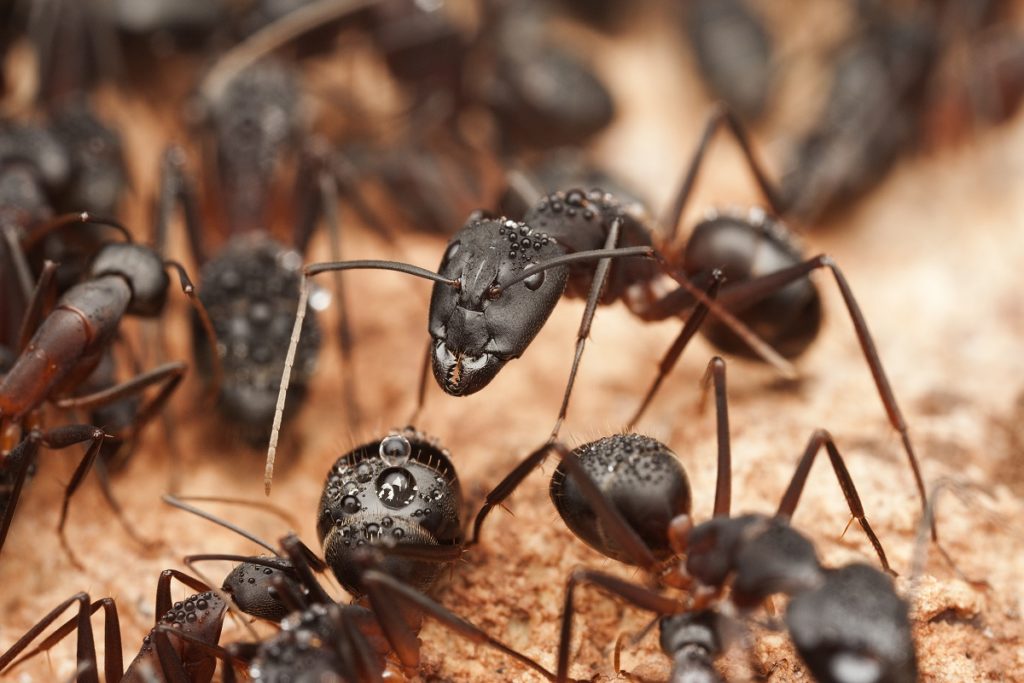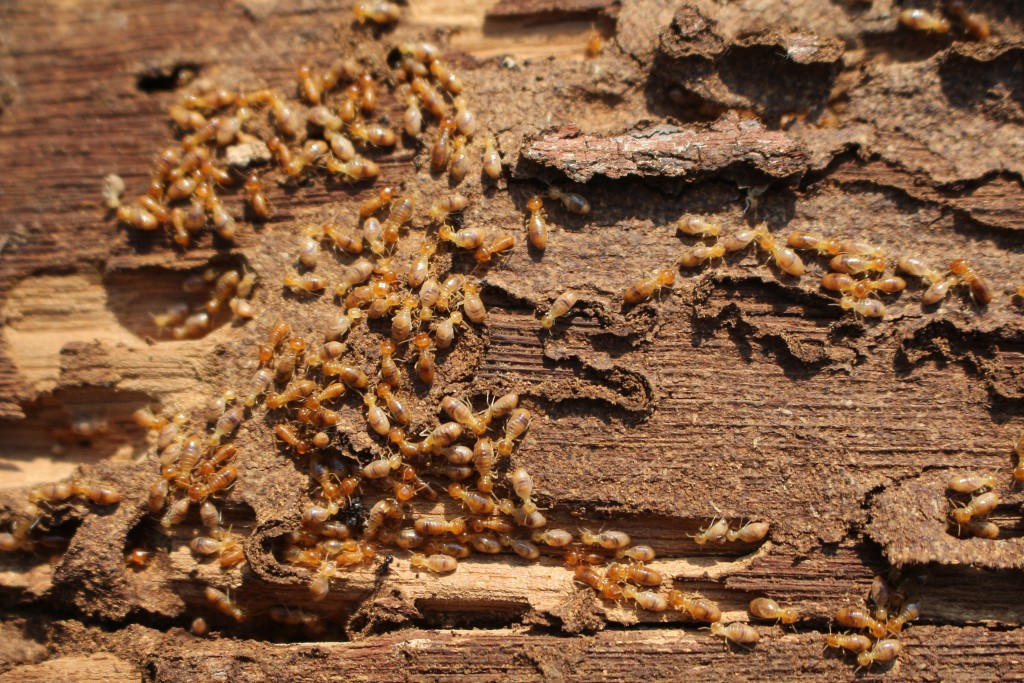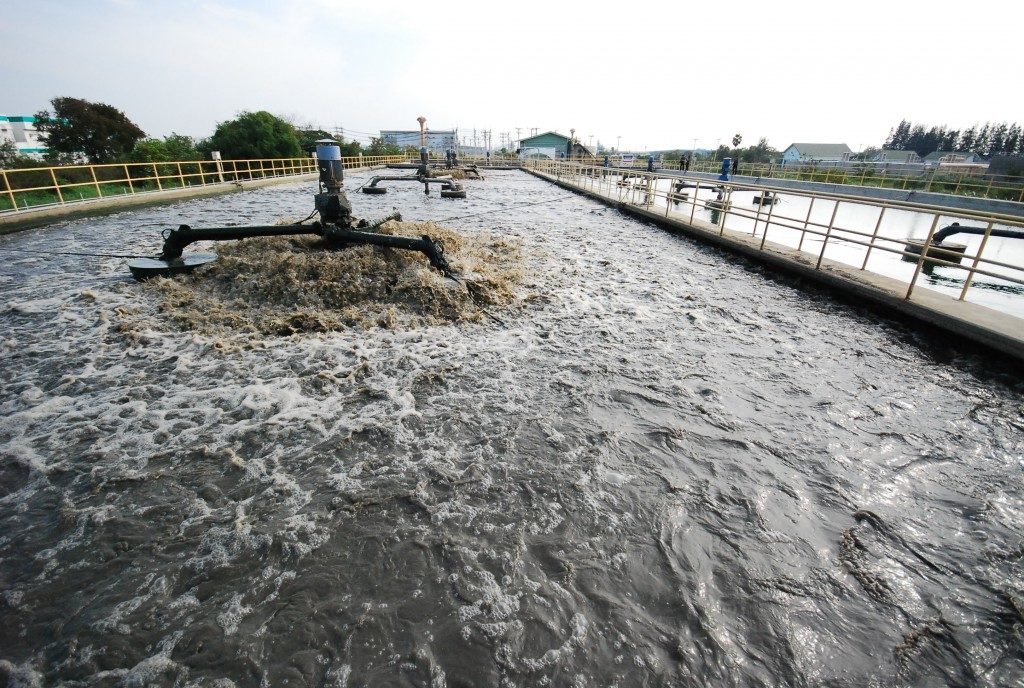Have you ever left your sandwich in a table or a tub of ice cream at your garden table and then coming back to it being swarmed by a group of ants? A bit annoying, right? However, most ants, especially in the garden, will mind their own business unless they are cornered or annoyed. When they do become a nuisance, then it might be time to start getting rid of them.
There are so many ants in the world that if we’re going to curl all ants into a ball, they’ll weigh over 40 billion kilograms. That makes ants one of the most common pests out there.
If you’re looking for a property, it’s best to look for land for sale without any ants’ invasive species. Not only will this cause unwanted issues with your food supply, but ants are generally annoying, especially when you’re in a picnic with your family.
Should You Identify Ants?
But before you start putting your ant-killing face on, ants are not necessarily all that bad to your garden. They aid in the pollination process, keep the population of other insects in check, and slow down the formation of certain diseases in plants. However, there are still some ants that can be more of a liability than a helping hand.
There are practically hundreds of species of ants. Most of the time, ants are native to certain areas and will generally settle outside homes. However, there will be types that ants will tunnel and live in underground colonies, which can find their way to your home.
Naturally, ants will eat almost any kind of sustenance, but they are more drawn towards sugary and sweet treats. However, this doesn’t necessarily mean that we should treat all ants as pests since they play an essential role in your garden. Fortunately, identifying ants is quite simple since you will need to discern three parts of their body:
- Head
- Thorax
- Abdomen
It’s also important to note that people tend to mix up the anatomy of termites with ants. Termites tend to have a larger body than ants and rarely make any appearance, since they’re usually underground, residing within wooden surfaces.
When in doubt, you can ask a professional in the matter of identifying ants. Sometimes, people will generalise ants as being pests, but they can help the garden.
Getting Rid of Ants
These little buggers are known for being a literal pain in the behind — especially if they get there. So what are some excellent ways of getting rid of ants for good? Here are some tactics that most pest controllers would suggest using.
Nematodes
Nematodes have a voracious appetite for ants. If it knows there are ants within its area, it will actively hunt them until their population dwindles. Eventually, the ants will start picking up their back and leave for another place. Why stay in an area that has natural predators when they can migrate?
Boric Acid Mixed with Sugar

If you don’t have any ant killer gel lying around, you might want to try boric acid as an alternative. Naturally, boric acid is toxic to ants, but since ants can’t stand sugary treats, their little brains will actively seek out anything that might have sugar, including boric acid mixed with sugar.
Once they’re inside their nest, they’ll start dying off, especially when their queen expires from having some boric acid in her system. Effectively destroying a nest without having to kill ants yourself means that you’ll have more energy for more pressing concerns.
Ant Killer Gel
If you’re looking for more professional means of killing ants, ant killer gel is an excellent way of destroying nests and limiting the number of ants in your area. Generally, there are so many ants in an area that it’s hard to kill one ant after another. The best way to destroy an ant’s nest is by eliminating it from the inside.
That has the same premise as boric acid. Since this gel is sweet, ants are drawn to it and will bring it to their nest as a food source. Unbeknownst to them, they are already feeding their queen with poison.
So killing ants isn’t as hard as it might seem. It might be a daunting task looking for their nest, especially when there’s more than one. But before you lay down some wrath on ants, make sure that they are not pests or a mild annoyance. Ants have a role to play in your garden, and they help provide much-needed nutrients to some plants. If they are pests, then, by all means, go nuts!





